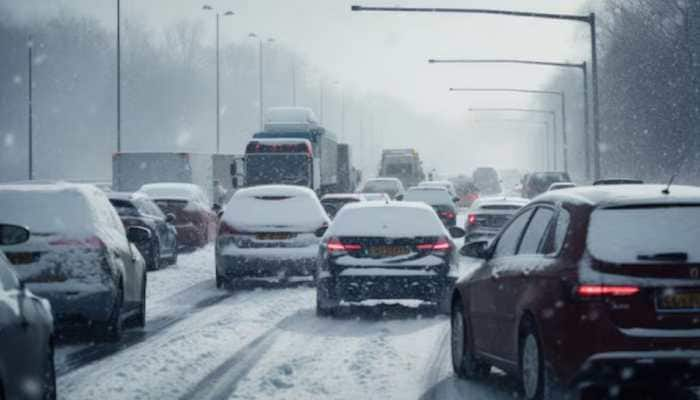Supreme Court defer pleas against Demonetisation to October 12
The Supreme court was hearing a batch of 58 petitions challenging the Centre's November 8, 2016 decision to demonetise currency notes of denomination of Rs 500 and Rs 1000
- A constitution bench led by Justice S. A. Nazeer questioned whether the issue still merited review at this point
- Solicitor General Tushar Mehta said that hearing on this issue does not remain for consideration and suggested to be studied as a class project
- SC was to decide whether the demonetisation violates the terms of the RBI Act, 1934
Trending Photos
) File Photo
File Photo New Delhi: The Supreme Court announced on Wednesday, September 28, 2022, that it will determine if the Center’s 2016 decision to implement demonetisation has become academic and scheduled the subject for review on October 12. When the hearing began, a constitution bench led by Justice S. A. Nazeer questioned whether the issue still merited review at this point.
"For all intents and purposes, the matter does not remain for consideration," according to Solicitor General Tushar Mehta, speaking on behalf of the Center. He added that the case may be studied as a class project.
The five-judge panel was asked to decide on several issues, including whether the notification dated November 8, 2016, violates the terms of the Reserve Bank of India Act, 1934 and if it does so in violation of Article 300 (A) of the Constitution.
The three-judge panel then addressed whether the 2016 notification violates Articles 14 and 19 of the Constitution presuming it was lawfully made under the Reserve Bank of India Act, 1934.
“Whether the limit on withdrawal of cash from the funds deposited in bank accounts has no basis in law and violates Articles 14, 19 and 21," the bench had said.
It had said if the application of the contested notification(s) suffers from procedural and/or substantive unreasonableness and, as a result, violates Articles 14 and 19 and what impact that violation has.
The top court posed several additional questions and stated that it “considers it proper to direct that the matters be placed before the larger bench of five judges for an authoritative pronouncement” due to the “general public importance” and “far-reaching implications” that the answers to the questions may have.
Stay informed on all the latest news, real-time breaking news updates, and follow all the important headlines in india news and world News on Zee News.
Live Tv







)
)
)
)
)
)
)
)
)
)
